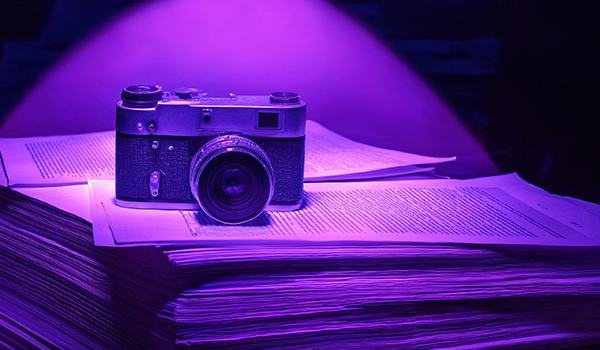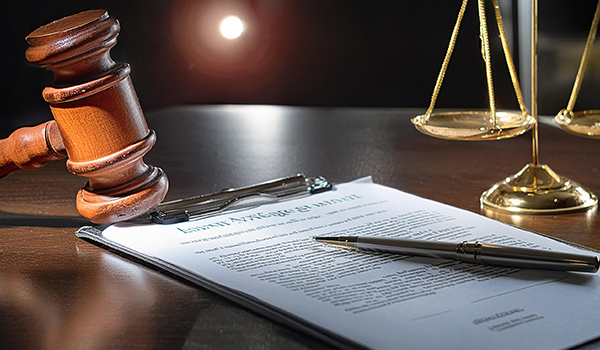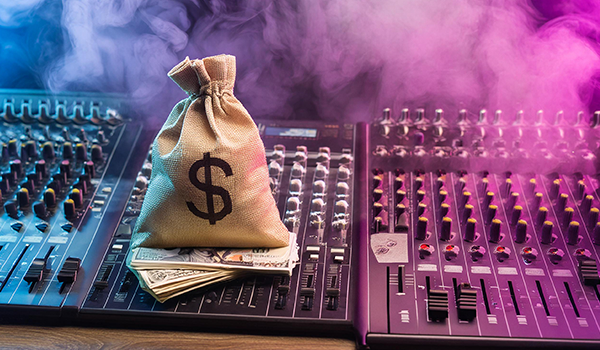Understanding Photo Waivers: What You Need to Know About Photo Copyright
In 2019, Justin Bieber posted a paparazzi photo of himself on Instagram and got in trouble. The photographer who took the shot, Robert Barbera, promptly sued him for copyright infringement.
The photo was of Bieber and his friend Rich Wilkerson looking out of a car window. Even though he was in the photo, Bieber didn’t have the right to post it without the photographer’s permission. That photo was Barbera’s intellectual property, not Bieber’s.
This is a perfect example of how even celebrities can get caught up by copyright laws for photos of themselves, highlighting the importance of understanding copyright law.
So let’s take a closer look at these photo copyrights and I'll show you how it all works.
What Happens if You Don’t Get a Photo Release?
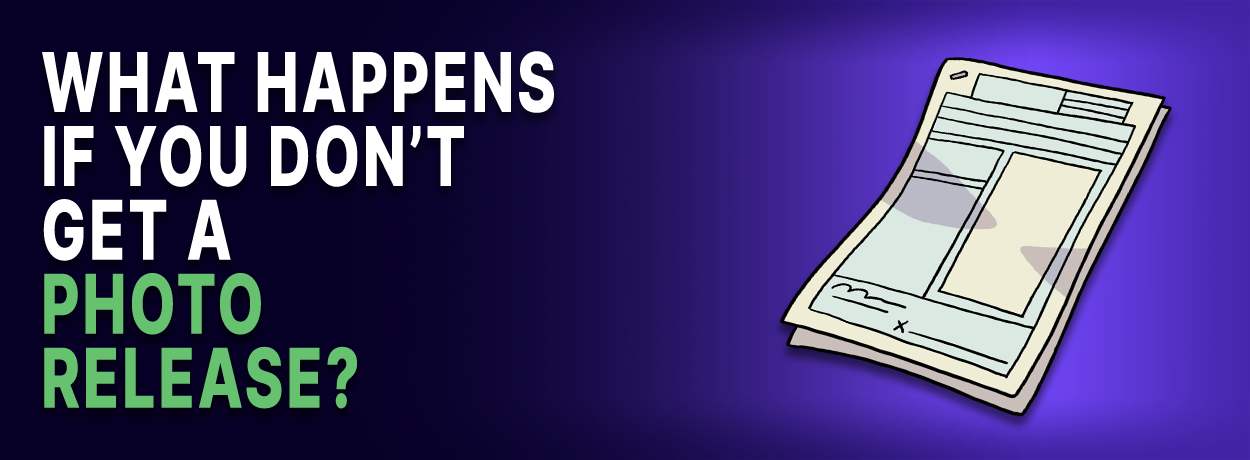
Not getting photo release forms can have serious legal and financial consequences for both photographers and entities using the photos. These forms are important for legal protection for photographers and the individuals being photographed:
For Photographers:
-
Loss of Control: Without a release you have no control over how your images are used and could be altered or used in ways that harm your reputation.
-
Missing Out: You miss out on licensing fees or compensation when entities use your work without permission.
-
Legal Headaches: You’ll have to go to court to assert your rights and get damages for unauthorized use.
For Entities Using Photos:
-
Legal Risk: Using a photo without a release can get you sued for copyright infringement which can be costly and harm your reputation.
-
Financial Hit: You’ll have to pay big fines or settlements if found guilty of copyright infringement.
-
Operational Disruption: Legal disputes can disrupt business and get negative publicity which can damage your brand and customer trust.
What is a Copyright in a Photo?
When you take a photo, you automatically own the copyright to that image. This gives you the exclusive right to use, share and sell copies of the photo.
But if you only appear in the photo and weren’t the photographer, you don’t own the copyright unless the photographer transfers the copyright in that photo to you.
Put simply, copyright laws protect photos from being used without permission, including printing, copying, displaying, or altering without permission, as photos are considered copyright protected works.
Why is Copyright in Photography Important?
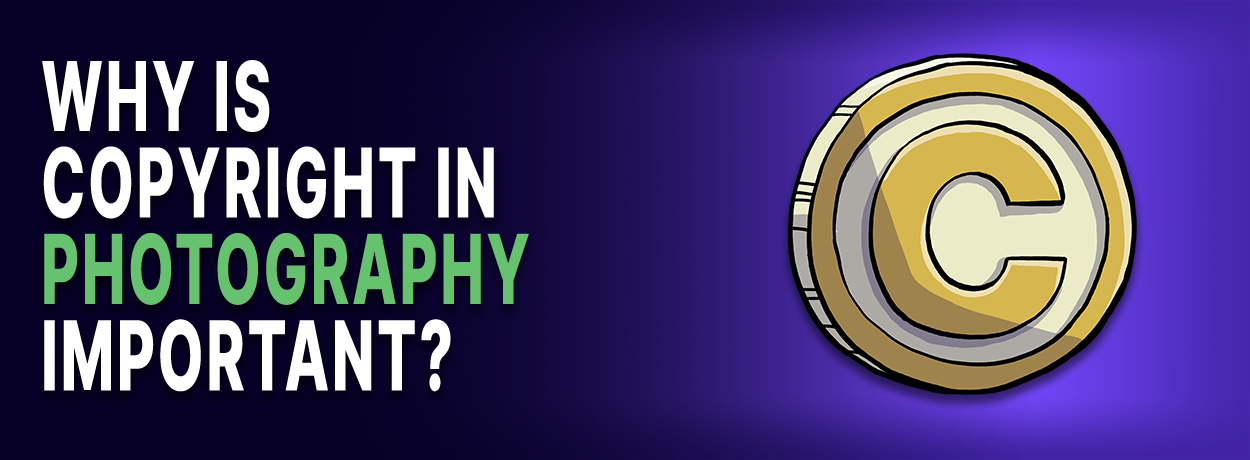
Copyright is important for photographers to get paid for their work and to ensure legal protection against unauthorized use.
Without proper copyright registration, photographers cannot pursue legal action against copyright infringement. Once a photo is registered with the US Copyright Office, unauthorized use of that photo can lead to legal action from the photographer.
Knowing and respecting copyright laws involving photographs is key to avoiding legal trouble.
Using Images Legally
To use images legally, you need to consider the source of the image and your intended use. Most images are copyrighted and require permission to use or adapt.
The U.S. Copyright Act defines images broadly, including photos, illustrations and technical drawings, all of which are copyrighted.
What rights does a photographer have in a photo?
Photographers, as the copyright owner of their photos, have the exclusive right to reproduce, distribute, and display their images.
They can also create derivative works and license their images under certain terms.
What is a photo release form?
A photography release form (or photography legal waiver) is a legally binding document that grants permission to use a photo in certain ways, such as for advertising or social media, and is necessary for obtaining permission from individuals featured in photographs used for commercial purposes.
Without a photo waiver, using someone else’s photo can get you into legal trouble.
How to Deal with Photography Legal Waivers
If you are going to use photos taken by someone else, you need a photo release form. This document should state how the photo can be used and any restrictions.
It protects both the photographer and the person using the photo.
So where do you go to access a photo release form template you can trust? Creative Intell, of course.
Creative Intell: Your Solution for Music Business Education, Waivers, and Legal Agreements
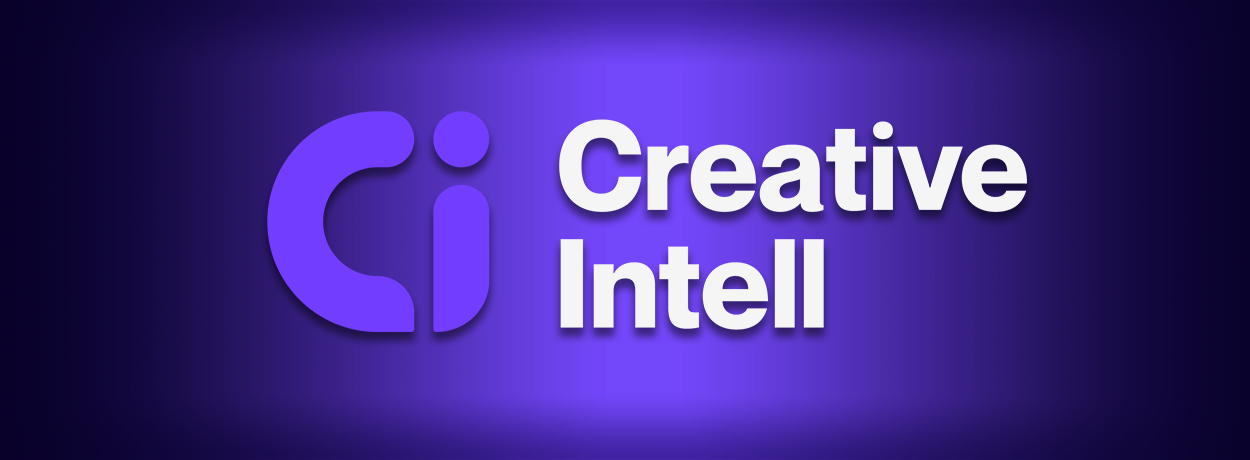
Creative Intell offers customizable, top quality agreement templates and legal waivers for the music industry. Written by practicing music business lawyers, these templates are reliable and always fully up to date with industry standards.
By providing downloadable contract templates with full courses on those agreements, Creative Intell enables artists and music professionals to protect themselves and understand their deals with confidence - at a fraction of the cost of hiring an entertainment attorney. Well-drafted agreements are vital in the music industry, and it begins with best in class templates that cover all aspects of the legal relationship between parties to a deal.
Contracts define rights, responsibilities and revenue share. Clear enforceable agreements prevent misunderstandings and legal disputes that can be costly and career damaging.
Creative Intell’s templates mitigate these risks, covering all members' business and legal bases.
Plus, Creative Intell templates come with access to industry experts and entertainment lawyers who can answer any questions you might have about your deals.
So, you get the documents and the guidance to use them effectively, so you always understand the fine print of your music industry agreements.
Creative Intell courses break down the legal jargon so you can make truly informed decisions about your music deals, creating a more knowledgeable and self-reliant music community.
Additional Info on Legally Using Images
Public Domain and Creative Commons: Some images are free to use if they are in the public domain or have a Creative Commons license. Check the terms and conditions of the license.
Photo release forms are essential in commercial and editorial photography to ensure legal protection and informed consent for both photographers and individuals being photographed.
Fair Use: In some cases (educational or transformative use) images can be used without permission by relying on the fair use defense under copyright law.
Social Media: Images on Facebook can’t be used without permission even though we all share and post images. Always obtain permission from copyright owners to avoid legal repercussions.
Final Thoughts on Photo Copyright and Photography Waivers
Photo copyright and photography waivers are essential for everyone who works with images, especially those in the photography business.
By following the rules you’ll avoid legal trouble and ensure fair use of creative work.
Creative Intell makes it easy.
Frequently Asked Questions (FAQ) about Photo Copyright and Photo Waivers
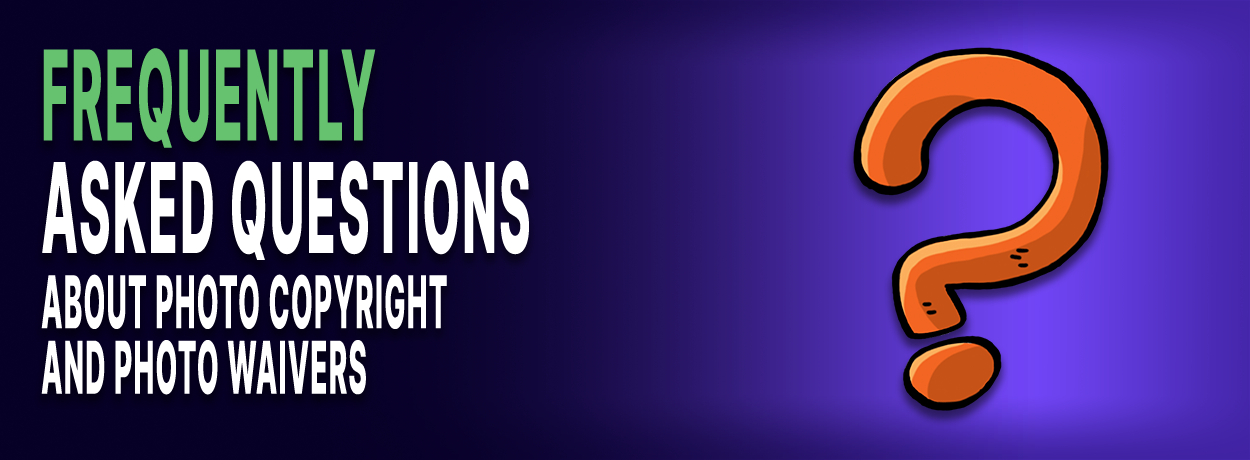
What is a photo waiver?
If you want to use a photo of yourself that someone else took for commercial use, you'll need to obtain a waiver from the photographer. This waiver grants you permission to use the image in specific ways, such as in advertisements or on products, without risking copyright infringement.
Remember, even though you're in the photo, the photographer typically owns the copyright unless you've made other arrangements.
Do I own the copyright if I didn’t take the photo that I’m in?
No, the photographer owns the copyright. You need permission to use the photo.
What happens if I use a photo without a waiver?
Using a photo without a waiver can get you into legal trouble and lawsuits.
How do I obtain permission to use a photo?
You obtain permission by getting a photo waiver or similar legal agreement directly from the photographer.
Why do celebrities get sued for copyright infringement when using their own photos?
Celebrities get sued because the photographer owns the copyright of the image, not the person in the photo.
What should a photo waiver include?
A photo waiver should state how the photo can be used and include any restrictions or conditions.
Do I own the copyright in my photos?
Yes, generally, the copyright to a photograph belongs to the person who took it, i.e., the photographer. This means that if you're the photographer, you own the copyright to your photos.
However, if the photographs were taken as part of a work-for-hire agreement, the copyright would belong to the employer or the party that commissioned the work, unless otherwise agreed in writing.
Without such an agreement in place, the photographer will typically own the copyright of the photo.
How long is a photo copyrighted for?
In the United States, a photograph is copyrighted for the lifetime of the photographer plus 70 years after their death. This duration ensures that the photographer's creative works are protected for a significant period, allowing them to control the use and distribution of their photos.
Do you need to copyright your photography?
You don't need to register your photographs to have copyright protection, as copyright is automatically granted when the photo is taken and fixed in a tangible medium. However, registering your photographs with the US Copyright Office provides additional legal benefits, such as the ability to file a lawsuit for copyright infringement and potentially recover statutory damages.
How do you copyright a photo in the United States?
To register a photo copyright in the USA, follow these steps:
-
Go to the U.S. Copyright Office website and access the Electronic Copyright Office (eCO) Registration System.
-
Fill out the online application, providing details about your photograph(s).
-
Pay the required filing fee.
-
Upload a digital copy of your photograph(s) if they're unpublished or published only electronically. For photos published in hard copy, mail two copies to the Copyright Office.
Remember, while registration isn't required for copyright protection, it offers additional legal benefits if you need to enforce your rights in court
Can a photographer use my photos without a release?
A photographer cannot use photos of you for commercial purposes without your permission if they were taken in a private setting or if there's an expectation of privacy. A model release form is typically required to use photos of individuals for commercial purposes, which grants the photographer permission to use the images. Without such a release, using the photos could lead to legal issues, including claims of invasion of privacy or misappropriation of likeness.
Creative Intell is not affiliated, nor associated in any way, with any third parties referenced herein, nor their respective goods or services. Any and all third-party trade names, trademarks, and/or service marks referenced are used for informational purposes only, and are the exclusive property of their respective trademark owners.

